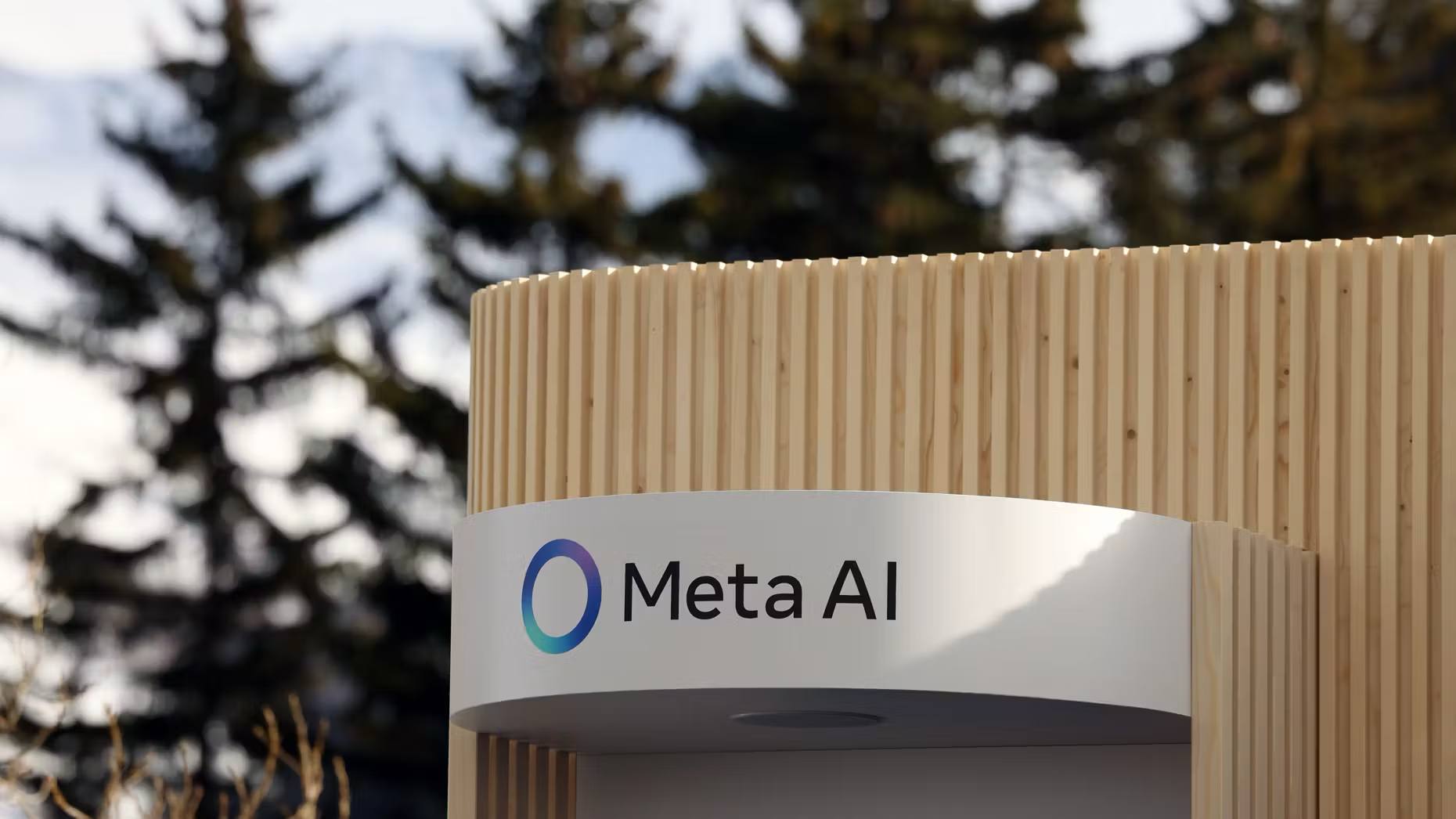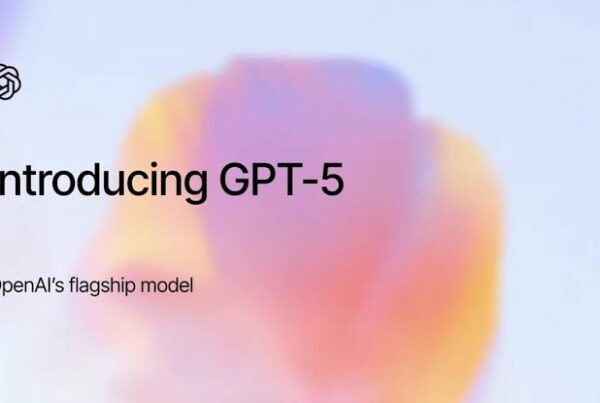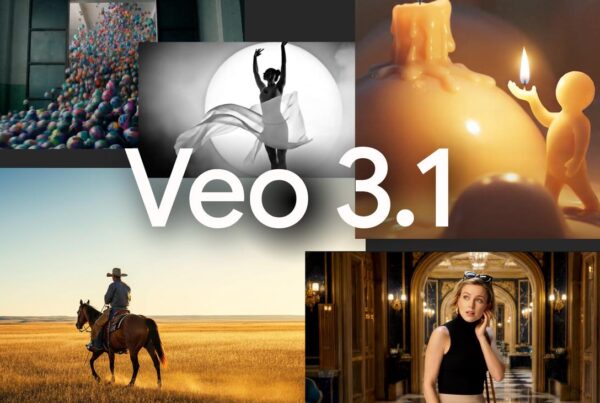Meta AI, the assistant created by Meta Platforms, is often compared with other popular chatbots such as ChatGPT, Claude, and Gemini. However, many users feel that its capabilities still lag behind. This difference raises questions about whether Meta AI was ever intended to be a pure chatbot or instead part of Meta’s broader ecosystem.
Meta Ecosystem Focus
Meta AI is not designed solely for text conversations. Instead, it is positioned as an additional layer across Facebook, Instagram, WhatsApp, and even hardware devices like Ray-Ban Meta smart glasses and the Quest VR headset. This approach makes developers prioritize cross-platform integration over improving conversational intelligence alone.
Through this strategy, Meta aims to build a unified experience connecting social interaction, entertainment, and virtual reality. The consequence, however, is that Meta AI’s conversational features feel less polished compared with rivals built specifically for chat.
Technical Limits and Moderation
On the technical side, Meta AI still has limitations in long-term memory and personalization. The chatbot cannot yet consistently recall past details, making conversations less contextual. Comparisons with ChatGPT or Claude highlight these gaps.
Meta also faces immense pressure regarding safety and moderation. As the owner of social platforms with billions of users, Meta must ensure its AI does not spread misinformation or break regulations. These safety layers make the AI more conservative but also restrict its flexibility and creativity.
Future Prospects
Although behind for now, Meta continues to invest heavily. The company has developed its LLaMA language models as open source, built an AI supercomputer infrastructure, and plans to launch a standalone Meta AI app along with a premium version. These moves signal Meta’s intent to strengthen its position in the global AI race.
Analysts suggest that within the next two to three years, Meta AI’s capabilities could improve significantly. Features such as long-term memory, deeper personalization, and multimodal support are expected to arrive as Meta seeks to compete more directly with leading chatbots. However, as long as the main priority remains ecosystem integration, pure chat excellence may not be at the very top of Meta’s agenda.
Meta AI is currently in a transitional phase, where the company’s strategy focuses more on cross-platform integration than on maximizing conversation performance. This explains why it is not as advanced as other chatbots. Yet, with major investment and expansion plans, Meta AI has the potential to become a much stronger player in the near future.
To explore global AI competition further, readers are encouraged to continue with related Olam News articles covering ChatGPT, Claude, and Gemini.






